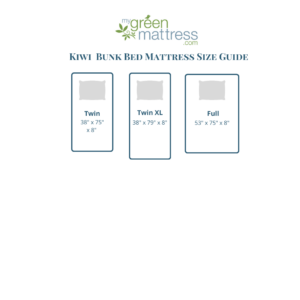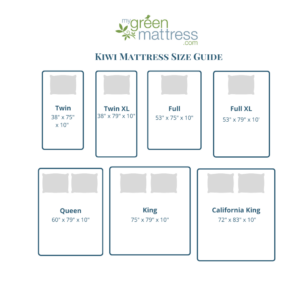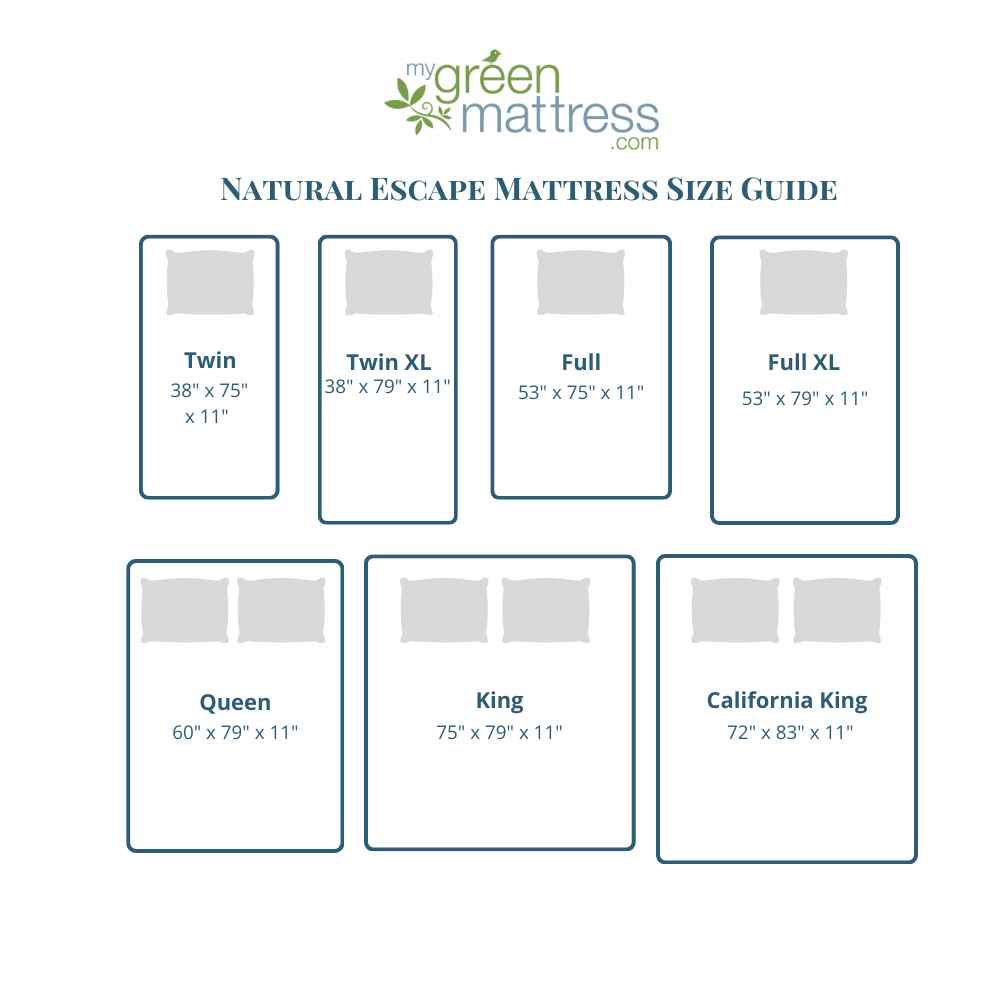Getting off the power grid, also known as living off-grid, can be a rewarding and sustainable way to reduce your reliance on traditional energy sources. Whether you’re seeking to lower your carbon footprint or become more self-sufficient, or reduce your monthly costs, here’s a comprehensive guide to help you get started on your journey to living off the power grid.
Understanding Off-Grid Living
Living off-grid means being self-reliant and independent of public utilities, including electricity, water, and sewer systems. This can involve generating your own power, collecting your own water, and managing your own waste.
Off-Grid Energy Considerations
Let’s start with energy considerations because this is often the biggest hurdle to getting off-grid. A normal household in the USA uses about 900 kwH of energy per month. So, where will you get the energy to power your life if not from the power lines provided by your local utility? Here’s a guide to the options – including the “pros” and “cons” of each energy source.
Solar Power
One of the most common ways of getting power to your home.
Pros:
- Abundant and free source of energy, especially in sunny regions.
- Low maintenance and long-lasting solar panels.
- Reduces electricity bills and carbon footprint.
- Solar systems can be scalable to meet your energy needs.
Cons:
- Initial installation costs can be high.
- Solar panels require ample sunlight to be most effective.
- Energy generation may be inconsistent during cloudy or rainy days.
- Requires space for installation (roof or ground).
Wind Power
A more cumbersome approach, but also possible for folks with lots of cleared land.
Pros:
- Wind turbines can generate large amounts of electricity in areas with consistent wind.
- Can be a good option for remote areas with open spaces.
- Produces no greenhouse gas emissions during operation.
Cons:
- Not suitable for areas with low or inconsistent wind speeds.
- Initial costs can be high, including turbine installation.
- Turbines can be noisy and may cause visual impact.
- May require regular maintenance and repairs.
Micro-Hydropower
This is a rare solution for off-grid living, but certain properties can be well-suited to it.
Pros:
- Provides a consistent and reliable source of energy if you have access to flowing water.
- Highly efficient in converting water movement into electricity.
- Can also serve as a water source for other uses.
Cons:
- Requires a water source like a river or stream on your property.
- Can have a significant environmental impact on aquatic ecosystems.
- Installation and permitting can be challenging.
- Not suitable for all locations.
Biomass
Though not entirely without emissions, biomass or biogas can be a great, sustainable option especially in agricultural settings.
Pros:
- Can be a sustainable energy source if managed properly.
- Uses organic materials like wood, agricultural waste, and biogas.
- Can provide both heat and electricity.
Cons:
- May require a steady supply of biomass materials.
- Can produce air pollution if not burned cleanly.
- Requires careful management to ensure sustainability.
Geothermal
Geothermal is an increasingly important way of getting off-grid.
Pros:
- Provides a constant and reliable source of heat and energy.
- Low operating costs once the system is installed.
- Produces minimal emissions.
Cons:
- Initial installation costs can be high.
- Requires specific geological conditions for feasibility.
- Not suitable for all locations.
Steps to Getting Off the Power Grid
Once you decide how you want to power your home, then you can follow the steps to taking your home off-grid.
- Assess Your Energy Needs
- Calculate your current energy usage and identify ways to reduce consumption.
- Determine the essential appliances and devices you will need and their power requirements.
- Choose a Renewable Energy Source:
- Choose the most suitable energy source from the list above. You may need to consider estimates from different installers.
- Install a renewable energy source for your property.
- Invest in Energy Storage:
- Batteries: Store excess energy generated during the day to use during the night or on cloudy days.
- Inverter: Convert stored DC energy from batteries to AC power for your household use.
- Design an Efficient Energy System:
- Determine the best combination of renewable energy sources based on your location and available resources.
- Install solar panels, wind turbines, or hydro generators and connect them to your energy storage system.
- Implement Energy-Efficient Practices:
- Lighting: Find a way to light your home with high-wattage lighting. LED-lights, candles, and other low-energy options will serve you.
- Appliances: Choose energy-efficient appliances to reduce power usage.
- Insulation: Properly insulate your home to maintain a stable temperature and reduce heating and cooling needs.
Dealing with Water, Waste and Management
It’s not just energy that you have to secure if you are hoping to go off-grid. You also have to consider water sources, wastewater management, and the overall management of your system. Now that you are not dependent on a utility, you have to create systems to keep your energy and water flowing.
- Secure a Water Supply:
- Rainwater Harvesting: Collect rainwater in tanks for household use.
- Well or Spring Water: If you have access to a well or spring, this can be a reliable source of water.
- Manage Waste Efficiently:
- Composting: Convert organic waste into nutrient-rich compost for your garden.
- Recycling: Recycle materials like glass, paper, and metal to reduce waste.
- Create Backup Plans:
- Have a backup generator for emergencies or prolonged periods without sufficient renewable energy generation.
- Develop a plan for dealing with medical or other emergencies that might require a quick connection to the grid.
- Maintain and Monitor Your Systems:
- Regularly inspect and maintain your energy and water systems to ensure they’re functioning optimally.
- Monitor your energy usage and storage levels to make adjustments as needed.
- Stay Informed and Connected:
- Stay up-to-date with the latest off-grid living technologies and practices.
- Join off-grid living communities for support and advice.
Now Is A Great Time To Go Off-Grid
There has never been a better moment to live off-grid than now. The technology and services are evolving every year, becoming more efficient and affordable. We hope that by following these steps and making sustainable choices, you can enjoy the freedom and independence of off-grid living while contributing positively to the environment. Start by making small changes, and gradually work your way toward a more self-sufficient lifestyle. Good luck!









